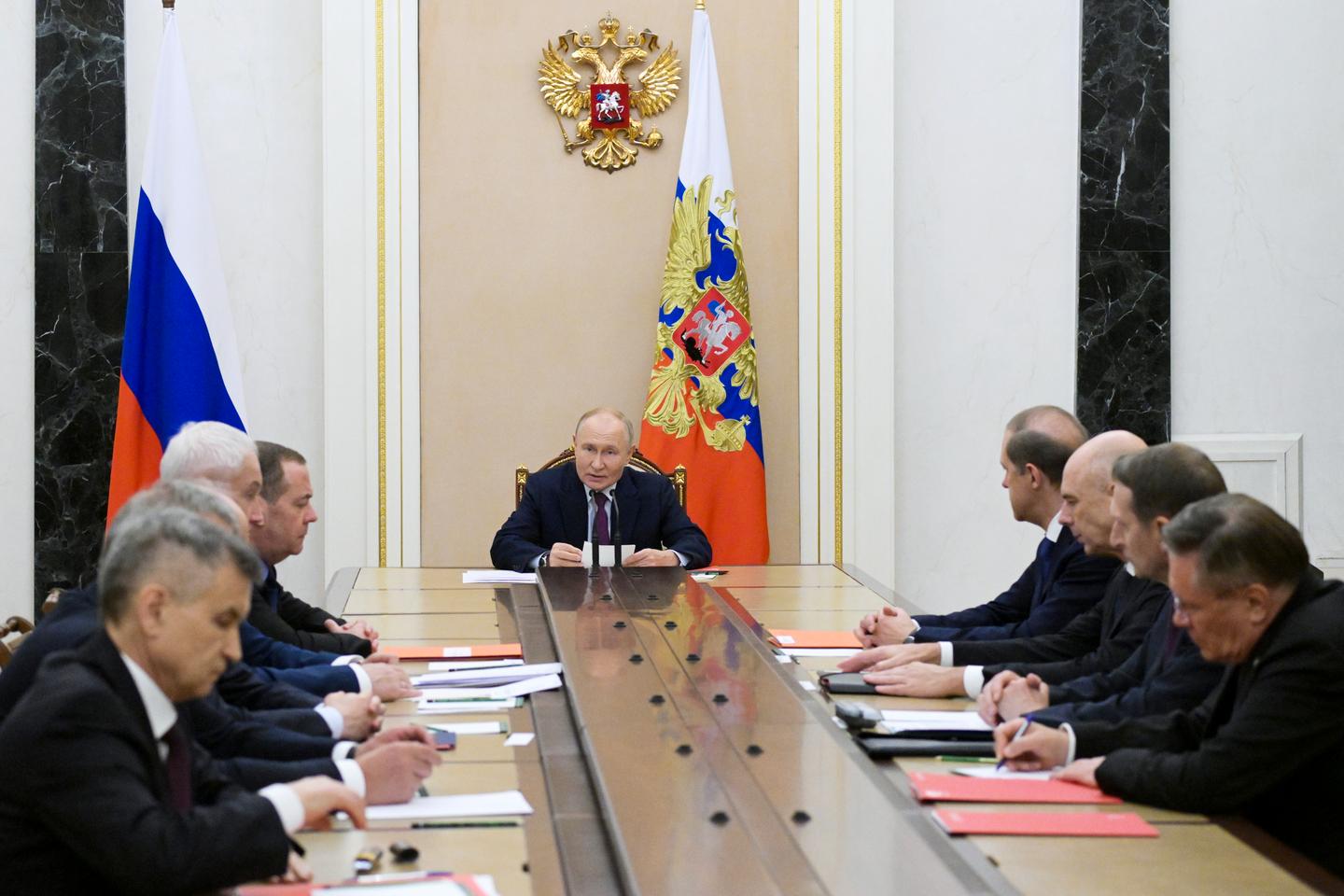


On Wednesday, September 25, Moscow decided to review its nuclear doctrine in order to adapt it to the new context of the war in Ukraine. This was announced by Russian President Vladimir Putin on September 25, at a meeting of the Security Council of the Russian Federation dedicated to the subject, a summary of which has been made public. It represents a new step, as the leader of the Kremlin had, until now, mainly made repeated declaratory threats.
Russia's nuclear doctrine – the latest public version of which dates back to 2020 – only stated that Russia could use its own arsenal in the event of a nuclear attack, or a conventional attack "when the very existence of the state is in jeopardy." This time, Putin proposed that "aggression against Russia by any non-nuclear state, but with the participation or support of a nuclear power, as their joint attack on Russia." The reference to Ukraine and its current offensive in the Kursk region, within Russian territory, is clear.
The future doctrine should also stipulate that Russia would henceforth be able to use nuclear weapons "if it received reliable information about the beginning of a massive cross-border air attack, using aeroplanes of strategic and tactical aviation, cruise missiles, drones, and hypersonic weapons," said Putin. This statement was in direct reference to current negotiations between Ukraine and the West on supplying long-range weapons. On Thursday, September 26, US President Joe Biden only announced that Kyiv would be sent glide bombs with limited ranges – from 20 to 130 kilometers.
Finally, the future doctrine could, for the first time, clearly spell out the fact that Belarus is now under the umbrella of Russian deterrence. "We reserve the right to use nuclear weapons in case of aggression against Russia and Belarus, as a member of the union," Putin said. This statement is consistent with the arrival of nuclear warheads on Belarusian soil, which has been announced since June 2023, which would be Moscow's first deployment of nuclear weapons outside of Russia since the Soviet Union's collapse.
Ammunition depots hit
"To be operational, this change in doctrine still needs to be approved by a presidential decree. Moreover, as formulated, it does not formally constitute a lowering of the threshold for the use of nuclear weapons," said Héloïse Fayet, a specialist in deterrence issues at the French Institute of International Relations (IFRI). "On the other hand, the use conditions for pre-emptively addressing a threat have been broadened, as previously only the threat of ballistic missiles was taken into account in defining these thresholds, not a potential large-scale air attack," she added.
You have 56.65% of this article left to read. The rest is for subscribers only.
